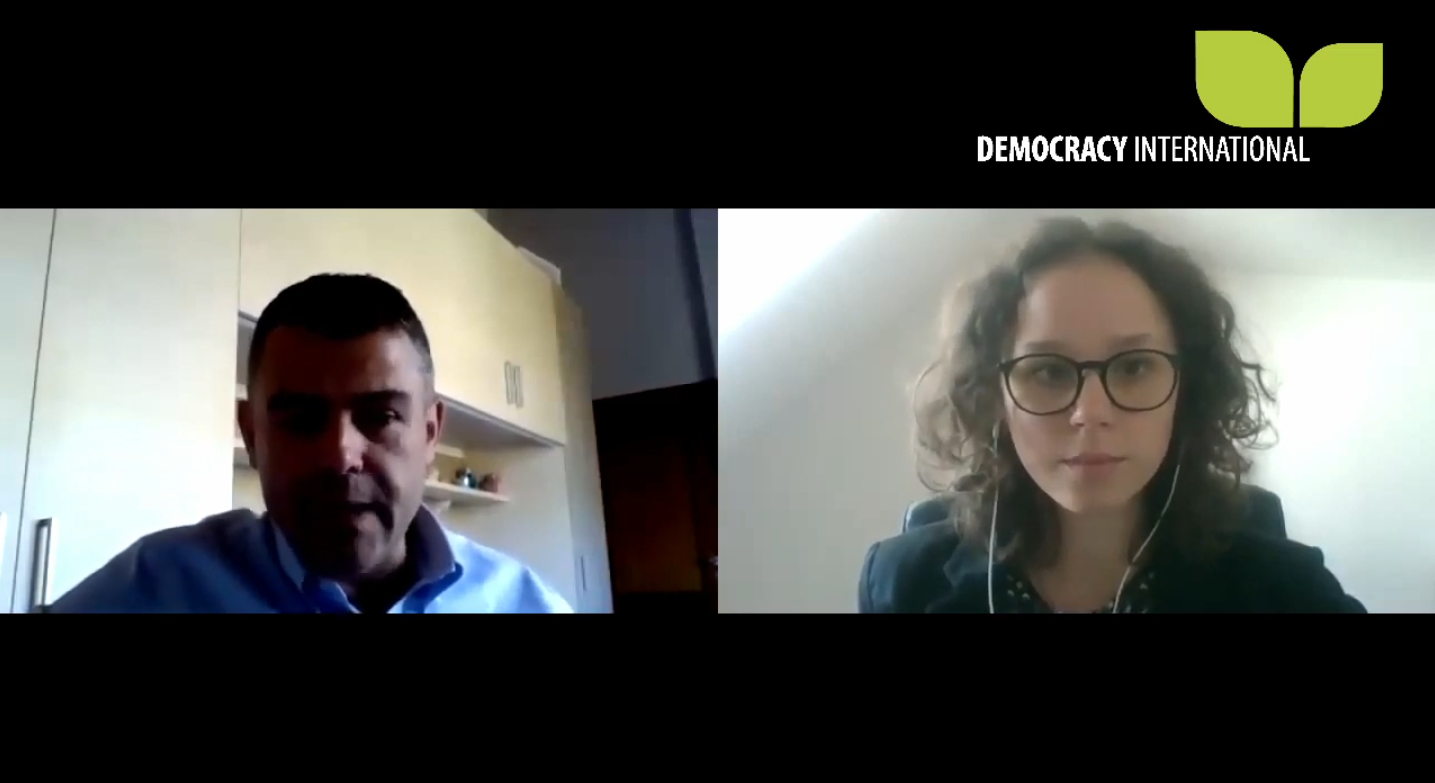On this page, we are collecting information on the effects of the measures taken to halt the spread of the COVID-19 virus on democracy in Italy.
Information on COVID-19 measures and democracy |
|
| Type of measures | Measures & sources |
| Limitations to freedom of movement |
10 April:
4 May:
16 May:
11 June:
|
|
|
| Limitations to electoral rights |
20 April:
|
| Limitation to civil rights |
|
| Risks to data security |
|
| Limitations to freedom of information |
|
| Emergency powers for government |
10 July:
|
|
|
| Corona laws - full text | |
| Various | |
| Last updated on | 14.07.2020 |
Please note that we are constantly updating the information under rapidly changing circumstances, the information on this page should not be taken to be a complete overview of measures in a country.
See some information that is missing? Let us know about it here.



